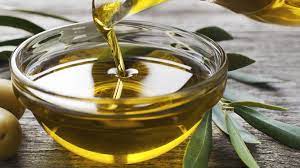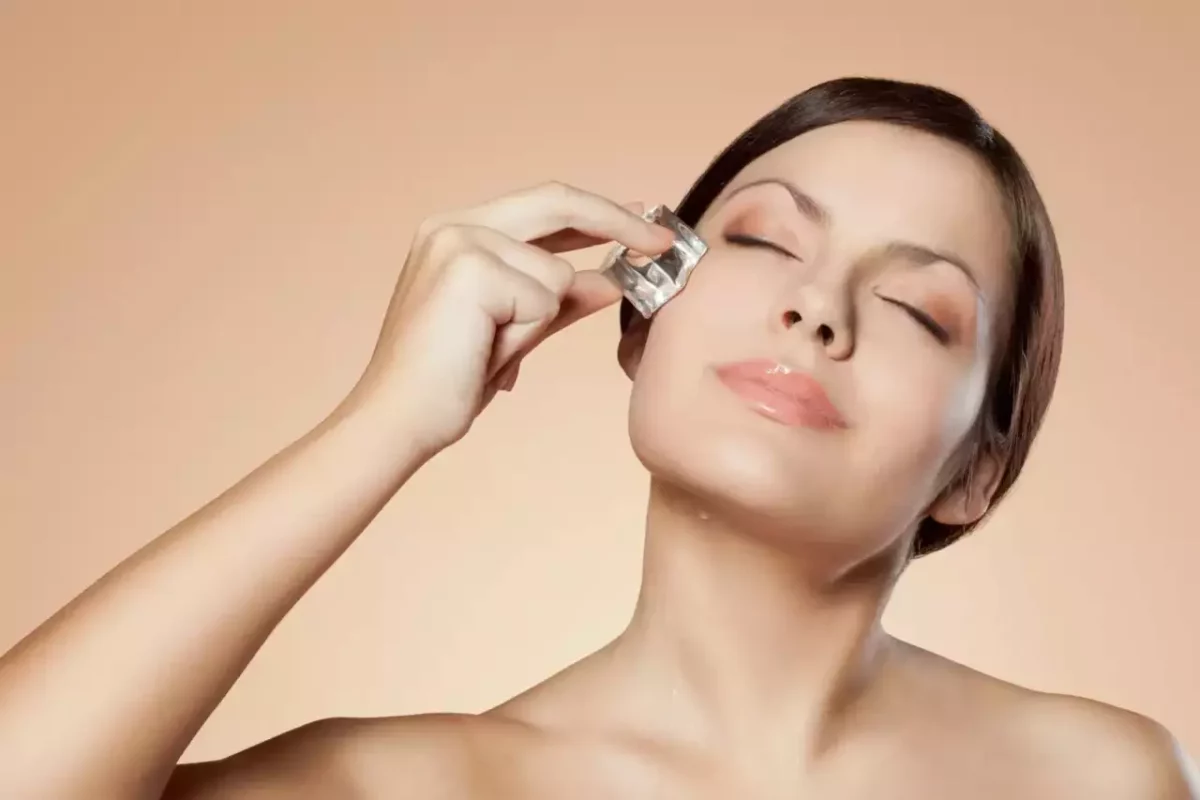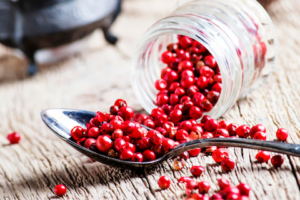Vitamin E is a fat-soluble vitamin that acts as an antioxidant in the body. It plays a crucial role in maintaining overall health and protecting cells from damage caused by free radicals. Here are some of the health benefits of vitamin E and its nutritional sources:
Health Benefits of Vitamin E:
Antioxidant Protection: Vitamin E is known for its powerful antioxidant properties. It helps neutralize free radicals, which are unstable molecules that can damage cells and contribute to various chronic diseases, such as heart disease and cancer.
Heart Health: Vitamin E may help improve cardiovascular health by preventing the oxidation of LDL (low-density lipoprotein) cholesterol, also known as “bad” cholesterol. Oxidized LDL cholesterol can build up in the arteries and lead to the development of plaque, increasing the risk of heart disease. Vitamin E’s antioxidant activity may help reduce this risk.
Skin Health: Vitamin E is often used in skincare products due to its moisturizing and healing properties. It helps protect the skin from damage caused by sun exposure and aids in the repair of damaged skin cells. Additionally, it may help reduce inflammation and promote wound healing.
Immune Function: Vitamin E plays a role in maintaining a healthy immune system. It helps support the production of immune cells and enhances their function, thus improving the body’s ability to fight off infections and diseases.
Eye Health: Vitamin E, along with other antioxidants, is believed to help prevent or slow down age-related macular degeneration (AMD), which is a leading cause of vision loss in older adults. It may also help reduce the risk of cataracts, another common eye condition.
Also Read: WELLHEALTHORGANIC.COM:AMAZING-BEAUTY-TIPS-OF-ICE-CUBE-WILL-MAKE-YOU-BEAUTIFUL-AND-YOUNG
Nutritional Sources of Vitamin E:
Nuts and Seeds: Almonds, sunflower seeds, hazelnuts, and peanuts are all excellent sources of vitamin E. They can be consumed as snacks or added to various dishes and salads.
Vegetable Oils: Wheat germ oil, sunflower oil, safflower oil, and soybean oil are rich in vitamin E. These oils can be used in cooking or as dressings for salads.
Leafy Green Vegetables: Spinach, Swiss chard, and kale are good sources of vitamin E. Include these greens in salads, stir-fries, or smoothies to boost your vitamin E intake.
Avocados: Avocados are not only delicious but also a good source of vitamin E. They can be enjoyed in salads, sandwiches, or as a topping on toast.
Fortified Foods: Some breakfast cereals, juices, and other food products may be fortified with vitamin E. Check the labels to see if they contain added vitamin E.
It’s important to note that the recommended daily intake of vitamin E varies depending on factors such as age, sex, and overall health. Consulting with a healthcare professional or a registered dietitian can help determine the appropriate dosage for your specific needs.
Also Read: WELLHEALTHORGANIC.COM:FACIAL-FITNESS-ANTI-AGING-FACIAL-EXERCISES-TO-LOOK-YOUNGER-EVERY-DAY
What are the Benefits of Vitamin e
Vitamin E offers several health benefits due to its antioxidant properties and its role in various physiological functions. Here are some of the benefits of vitamin E:
- Antioxidant Protection: Vitamin E acts as a potent antioxidant, helping to neutralize harmful free radicals in the body. Free radicals are unstable molecules that can damage cells and contribute to various chronic diseases, including heart disease, cancer, and neurodegenerative disorders. By reducing oxidative stress, vitamin E helps protect cells from damage and supports overall health.
- Heart Health: Vitamin E has been associated with cardiovascular health benefits. It helps prevent the oxidation of LDL (low-density lipoprotein) cholesterol, also known as “bad” cholesterol. Oxidized LDL cholesterol can accumulate in the arteries and lead to plaque formation, increasing the risk of heart disease. Vitamin E’s antioxidant activity may help reduce this risk and support heart health.
- Skin Health: Vitamin E is commonly used in skincare products due to its moisturizing and protective properties. It helps nourish and hydrate the skin, promoting a healthy complexion. Additionally, its antioxidant activity helps protect the skin from damage caused by UV radiation and environmental pollutants. Vitamin E may also aid in wound healing and reducing inflammation.
- Immune Function: Vitamin E plays a role in maintaining a healthy immune system. It supports the production of immune cells and enhances their function, helping the body fight off infections and diseases. Adequate vitamin E levels are essential for optimal immune function and a robust immune response.
- Eye Health: Vitamin E, along with other antioxidants, may help protect against age-related macular degeneration (AMD) and cataracts. AMD is a leading cause of vision loss in older adults, and cataracts cloud the lens of the eye, leading to impaired vision. Vitamin E’s antioxidant properties help reduce oxidative stress in the eyes and may contribute to maintaining eye health.
- Neurological Health: Vitamin E has been studied for its potential neuroprotective effects. It may help reduce the risk of neurodegenerative diseases such as Alzheimer’s and Parkinson’s disease by protecting against oxidative damage and inflammation in the brain. However, more research is needed to fully understand the impact of vitamin E on neurological health.
Conclusion
In conclusion, vitamin E is an essential nutrient that provides numerous health benefits. Its antioxidant properties help protect cells from damage, support heart health, promote skin health, boost immune function, and potentially benefit eye and neurological health. Incorporating vitamin E-rich foods into your diet, such as nuts, seeds, vegetable oils, leafy greens, and avocados, can help ensure an adequate intake of this important vitamin. However, it’s always advisable to consult with a healthcare professional or registered dietitian to determine your specific nutrient needs and ensure a balanced approach to nutrition.
Also Read: WELLHEALTHORGANIC.COM:WEIGHT-LOSS-IN-MONSOON-THESE-5-MONSOON-FRUITS-CAN-HELP-YOU-LOSE-WEIGHT
FAQ
Q: Can vitamin E prevent or cure diseases?
A: While vitamin E is an important nutrient for overall health, it is not a cure for specific diseases. However, its antioxidant properties and role in supporting various bodily functions may contribute to reducing the risk of certain conditions, such as heart disease and age-related macular degeneration. It’s important to note that individual results may vary, and it’s always best to consult with a healthcare professional for personalized advice and treatment options.
Q: Can I take vitamin E supplements?
A: Vitamin E supplements are available, but it’s generally recommended to obtain nutrients from a balanced diet rather than relying solely on supplements. Most people can meet their vitamin E needs through dietary sources. If you’re considering supplementation, it’s best to consult with a healthcare professional who can assess your specific nutritional needs and provide appropriate guidance.
Q: What is the recommended daily intake of vitamin E?
A: The recommended daily intake of vitamin E varies depending on factors such as age, sex, and overall health. In the United States, the recommended dietary allowance (RDA) for adults is 15 milligrams (22.4 international units) per day. However, individual requirements may differ, so it’s advisable to consult with a healthcare professional or registered dietitian to determine the appropriate dosage for your specific needs.
Q: Are there any risks or side effects associated with vitamin E?
A: Vitamin E is generally considered safe when consumed in appropriate amounts through food sources. However, high doses of vitamin E from supplements can have potential risks and may interfere with certain medications. Excessive vitamin E intake can increase the risk of bleeding, so individuals taking blood-thinning medications should exercise caution. It’s important to follow recommended dosages and consult with a healthcare professional before starting any supplementation.
Q: Can vitamin E be harmful?
A: While vitamin E is generally safe when consumed in appropriate amounts, excessive intake of vitamin E supplements can have potential risks. High doses of vitamin E may increase the risk of bleeding and interact with certain medications, such as blood thinners. It’s always best to follow recommended dosages and consult with a healthcare professional before starting any supplementation.
Q: Can vitamin E be used topically on the skin?
A: Yes, vitamin E is commonly used in skin care products and can be applied topically on the skin. Its moisturizing and antioxidant properties can help nourish the skin, protect it from damage caused by UV radiation, and aid in the healing of wounds. However, it’s important to note that individual skin sensitivities and reactions can vary, so it’s advisable to perform a patch test or consult with a dermatologist before using vitamin E topically.






















